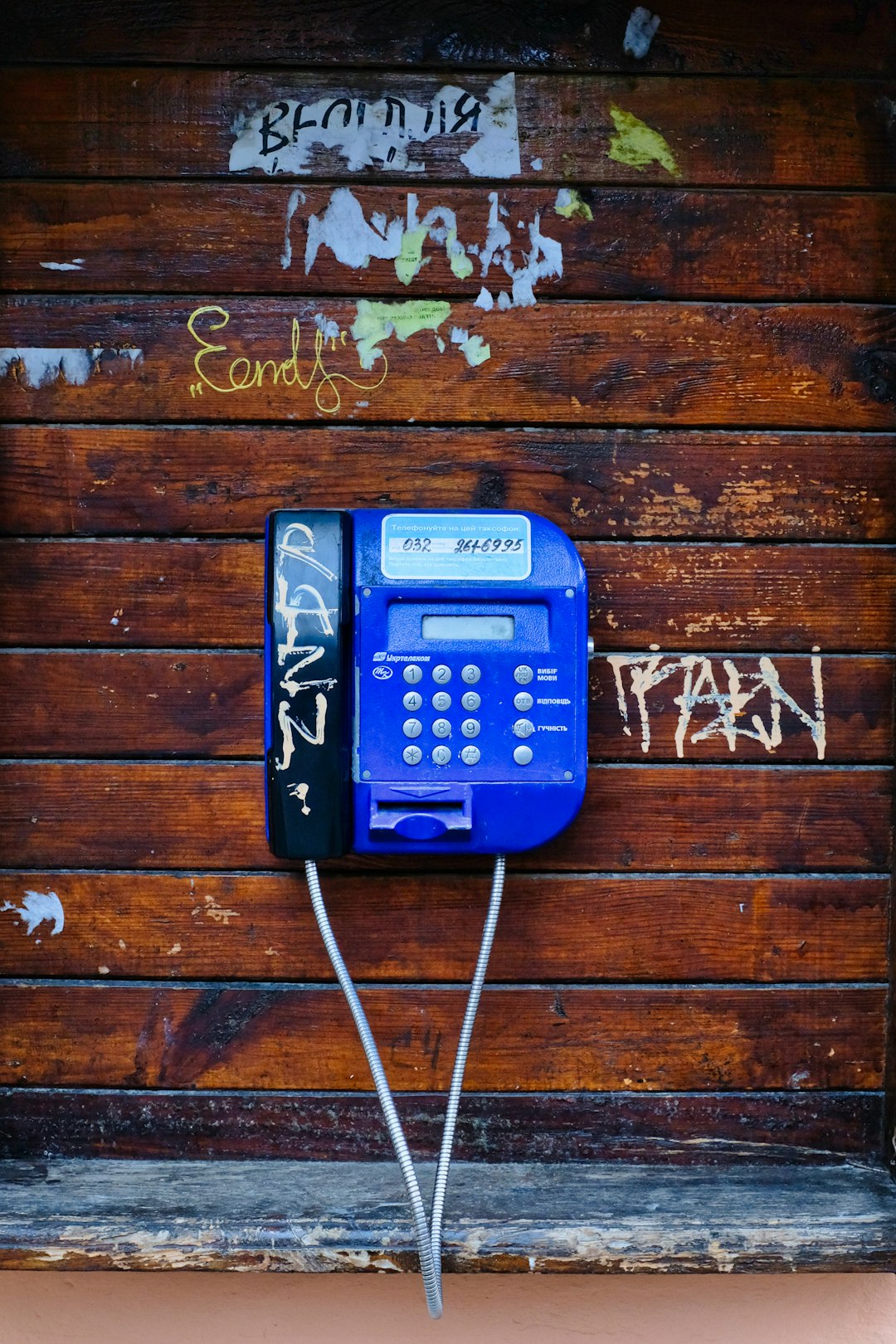In Chicago's dynamic youth scene, telemarketing strategies have evolved to target digital native young adults through social media, text messaging, and interactive online campaigns. Marketers collaborate with local influencers around popular events like music festivals and sports to bypass "Do Not Call" lists and build trust. This innovative approach complements the legal industry's struggle with cold calling, which has ethical concerns related to privacy and consumer protection. By leveraging modern communication channels and community-based initiatives, Chicago can effectively engage youth while respecting their preferences and avoiding regulatory issues, including those involving Do Not Call attorneys in Chicago.
In today’s digital age, telemarketing remains a powerful tool for engaging youth. This article delves into the impact of telemarketing strategies on Chicago’s young population, specifically focusing on legal sector practices. We explore both the benefits and drawbacks of cold calling techniques, highlighting their effectiveness in reaching and educating this demographic. Additionally, we present alternative approaches that bypass traditional ‘do not call’ restrictions to foster meaningful connections with Chicago’s youth.
Telemarketing Strategies and Chicago's Youth Engagement

In Chicago, a city known for its vibrant youth culture and diverse communities, Telemarketing strategies have evolved to engage a demographic often considered hard to reach. Traditional methods that might be effective in other settings may not resonate with Chicago’s young adults, who are digital natives and possess unique preferences. Marketers here are leveraging social media platforms, text messaging, and interactive online campaigns to connect with this audience, ensuring their messages stand out amidst the constant digital noise.
One innovative approach is to tailor marketing efforts around popular youth interests, such as music festivals, local sports events, or community gatherings. By partnering with local influencers or organizations that hold the attention of Chicago’s youth, telemarketing campaigns can effectively bypass common barriers like “Do Not Call” lists and reach their target audience directly. This strategy not only enhances engagement but also fosters trust, making marketing efforts more successful in this competitive landscape.
The Pros and Cons of Cold Calling in the Legal Sector

In the legal sector, cold calling—or unsolicited phone outreach to potential clients—has both advantages and drawbacks, especially when considering the ethical implications and consumer privacy. On the pros side, it serves as a direct marketing strategy that allows attorneys to reach out to prospective clients they might not otherwise connect with. This method can help build a client base, particularly in competitive markets where establishing a strong presence is vital. Moreover, cold calling enables lawyers to educate potential customers about their services and provide valuable legal advice, which can be beneficial for those seeking guidance but unaware of their rights or options.
However, the cons significantly outweigh the benefits when it comes to “do not call attorneys Chicago” regulations. Many jurisdictions have implemented laws to protect consumers from unwanted phone solicitations due to concerns over privacy, annoyance, and potential scams. Cold calling can be intrusive and often leads to high rates of consumer backlash. Moreover, it risks alienating prospects with aggressive sales tactics, especially when dealing with sensitive legal matters. In light of these considerations, professionals in the legal field are increasingly exploring alternative marketing approaches that respect consumer choices and preferences while still fostering business growth.
Alternative Approaches to Reach and Educate Chicago's Young Adults

In reaching and educating Chicago’s youth, traditional telemarketing methods can feel intrusive and outdated. A more effective approach could involve leveraging modern communication channels that resonate with younger demographics. Social media platforms, such as Instagram and TikTok, offer direct engagement opportunities, allowing for interactive and targeted messaging tailored to Chicago’s young adults.
Community-based initiatives and partnerships with local youth organizations also prove beneficial. These collaborations can facilitate in-person workshops, after-school programs, and peer-to-peer educational sessions. By avoiding the “Do Not Call” lists and embracing alternative strategies, we can create a more engaging and accessible environment to foster growth and development among Chicago’s youth.






